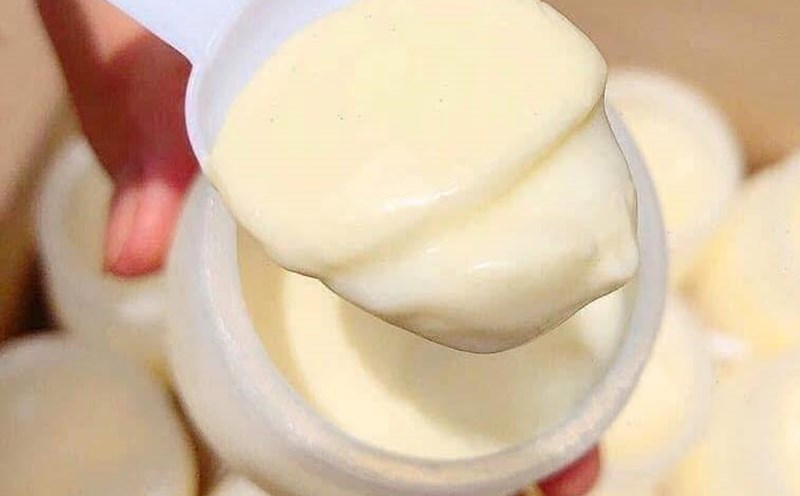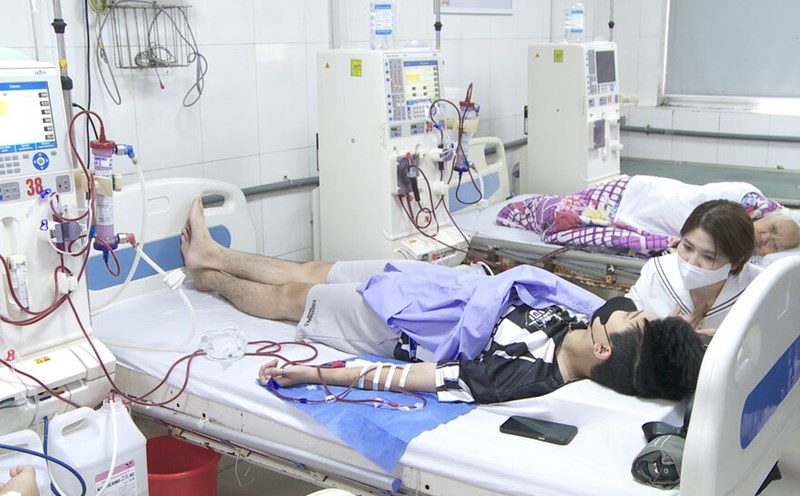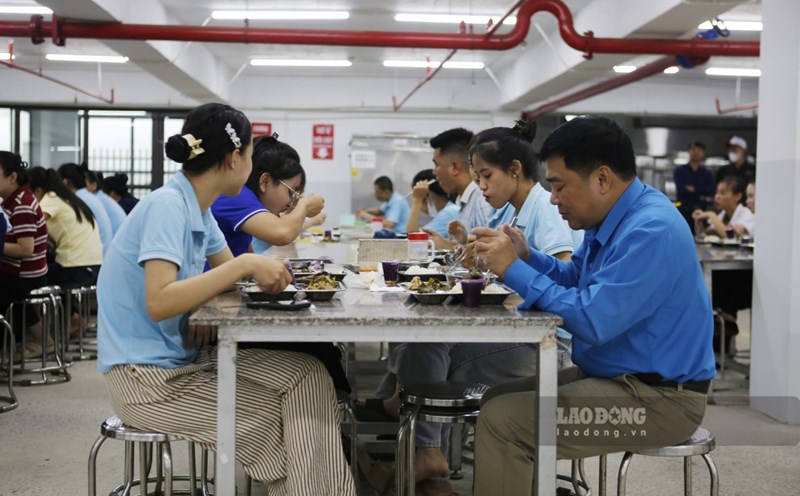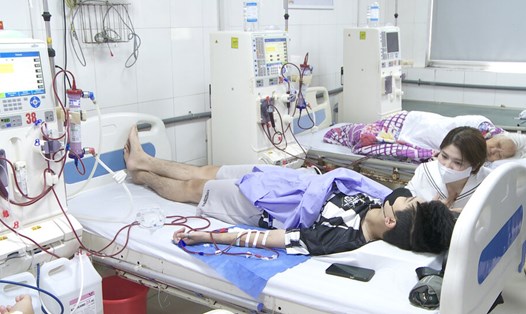Meat
Meat contains the protein that the body needs to maintain optimal health. Protein from meat can reduce waste accumulation in the body compared to protein from plants. Consuming too much protein will lead to increased waste, increasing the rate of kidney damage. Low protein consumption also causes muscle loss, impaired immune function and increases the risk of death.
Patients need a nutritionist to estimate the amount of protein they need each day and make recommendations based on dietary instructions.
Rice and starches
Rice and starch are the main sources of energy for patients with chronic kidney disease. Providing adequate carbohydrates helps prevent muscle wear and tear, a common accompanion of chronic kidney disease.
Because rice and starch contain a variety of proteins, patients in the 3-5 stage of kidney disease may have difficulty controlling protein intake. Nutritional advice on carbohydrate choosing should be strictly followed. Low-protein starches, such as vermicelli and noodles, are ideal for slowing kidney damage.
Fat
unsaturated fats are a priority choice (saturated fats are often found in animal fat and animal oil). Heart-healthy fats include olive oil, canola oil, rice bran oil and sunflower seed oil.
Fruits and vegetables
Fruits and vegetables are a good source of minerals. In chronic kidney disease, weak kidneys cannot maintain a full balance of certain electrolytes and minerals. Eating certain fruits and vegetables helps maintain electrolyte balance, which is very beneficial for treatment. The choice of fruits and vegetables depends on the current levels of potassium, magnesium, calcium and sodium in the blood.
Salt
Salt is a source of sodium. Excessive salt consumption leads to high sodium levels in the blood, causing high blood pressure and edema. The amount of sodium consumed per day should be limited to 2,000 milligrams (equivalent to 1 teaspoon of salt). Reduce your daily sodium intake by avoiding salt or spices that contain more than 1,000 - 1,200 milligrams of sodium per day.
Water
Patients with chronic kidney disease need to limit their water intake to prevent water accumulation in the body, which can lead to edema, high blood pressure and edema - excess water in the lungs.
Daily water intake also includes all foods and drinks containing water, such as water, soups, vegetable juice and fruits.











